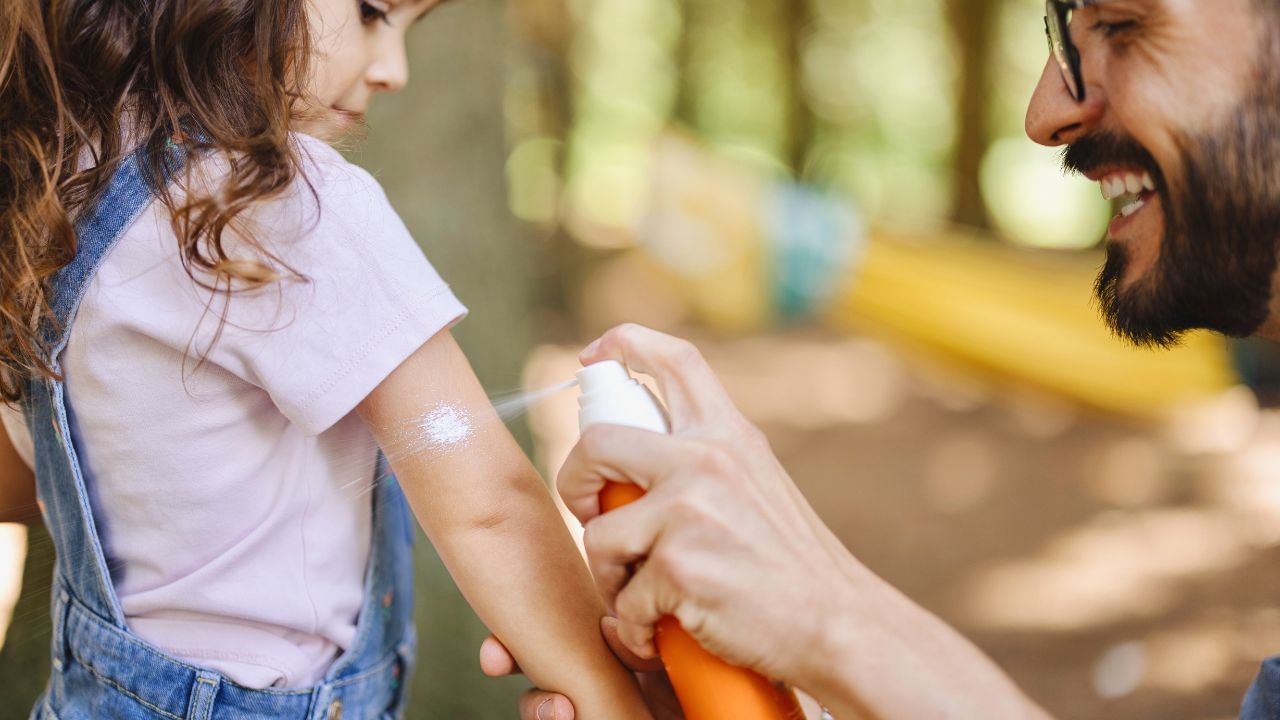Mosquito repellentImage Credit Source: Getty Images
Chemicals in Mosquito Repellent Cream: As soon as the rainy season starts, the terror of mosquitoes increases in every house. Especially when there is a small child in the house, the anxiety of the parents becomes even more. Because on the one hand it is important to protect mosquito diseases like dengue, malaria, chikungunya, on the other hand, the use of mosquito running away products like creams, sprays or coils sold in the market will also affect the delicate skin and health of children- this fear also remains.
This is the reason why a question comes again and again in the minds of most parents, is it right to apply mosquito-fasting cream on children? Especially for newborns or children up to 5 years, this concern is even more. Some say apply cream, some say adopt natural remedies. But what is the truth from experts.
Dr. Rakesh Bagdi in Pediatric Department in Delhi AIIMS It is said that the skin of children is very sensitive. His immunity is also developing. In such a situation, the things that are considered safe for the elders can be harmful for children. Putting any cream to children is also a hell because the child touches the eyes or mouth while playing his hands or clothes, the chemical goes into the body and can do the drug.
Which chemical in mosquito fasting cream
Now the question arises that what are the chemicals in these mosquito -fasting creams or lotions found in the market? The answer is- yes.
1- Deet (diethyltoluamide)
The most commonly used is the vana repellent chemical. The amount of chemical ranges from 5 to 100 percent in different repellent. According to WHO, the repellent in which less than 10 percent deet will be safe for children. Excessive use of it can cause itching and skin eclipse.
2- Picaridin (icaridin)
Yo chemical is the same as deet but it has less smell. Light does not stick to the skin. The amount of chemical on children should not exceed 10 percent.
3- Oil of lemon eucalyptus (ole)
It is a chemical extracted from a natural source, but it is also processed and prepared. Even though it has been made in a natural way, it is not considered safe for children younger than 3 years.
4- Permethrin
It is found less in chemical cream or spray but is made to use on clothes or mosquito nets. If it is applied on the children’s skin, then there may be openness, skin infection or allergy.
Use of correct options
-Now some natural or herbal mosquito -breeding products are also coming in the market, which use oils like citronella, lemonagrass, eucalyptus. These are comparatively considered safe for children.
Apart from this, you can also focus on physical protection. For example, wear full sleeve clothes to the child, use mosquito nets at bedtime, do not allow water to accumulate around the house, and keep complete preparations before playing outside in the evening.
Even if the cream is to be applied, choose a cream that has a small amount of deet and which is made for special children. Also, apply a little patch test by applying a little on the child’s hands and feet so that there is no skin reaction.
